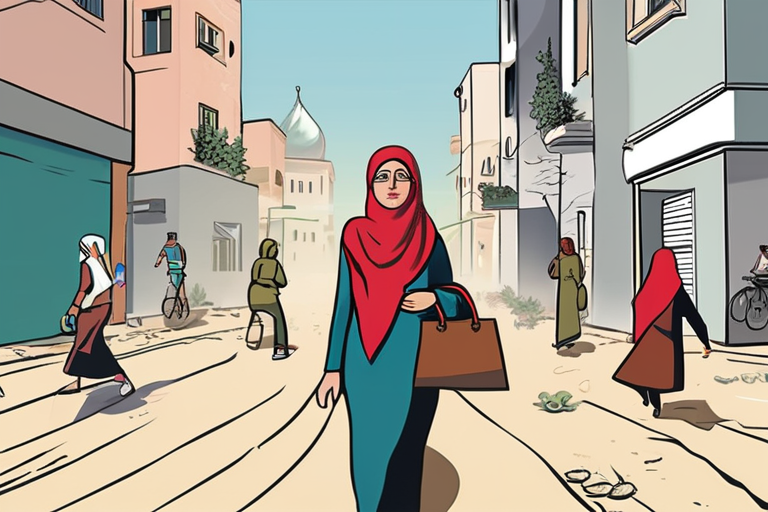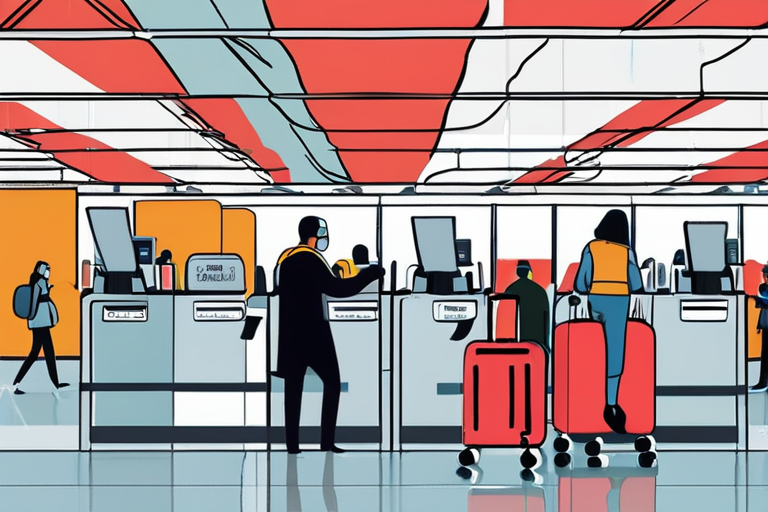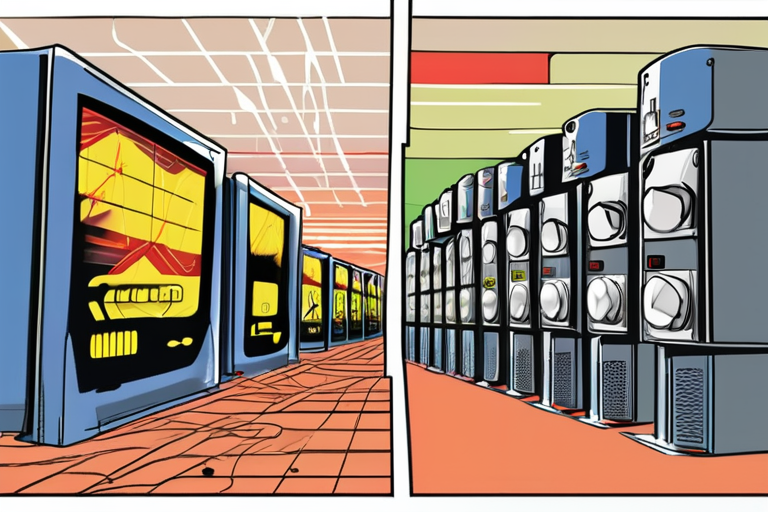Mothers in Gaza Defy War and Violence, Bringing New Life to a Resilient People


Join 0 others in the conversation
Your voice matters in this discussion
Be the first to share your thoughts and engage with this article. Your perspective matters!
Discover articles from our community

 Hoppi
Hoppi

 Hoppi
Hoppi

 Hoppi
Hoppi

 Hoppi
Hoppi

 Hoppi
Hoppi

 Hoppi
Hoppi

Karol G Takes Center Stage: Launching Her Own SiriusXM Channel for Latinx Heritage Month As the vibrant sounds of Tropicoqueta …

Hoppi

Cyberattack Disrupts Check-in Systems at Major European Airports A coordinated cyberattack targeting check-in and boarding systems has caused widespread disruptions …

Hoppi

Arm Unveils New Lumex AI-Focused Smartphone CPUs with Impressive Stats In a significant move to boost on-device AI performance, Arm …

Hoppi

Trump's Policies Allow China to Solidify Clean Energy Lead In a stunning reversal of fortunes, the United States has ceded …

Hoppi

Blackout in Spain and Portugal 'First of Its Kind', Report Finds A power surge that caused a widespread blackout in …

Hoppi

India and Pakistan Share Flood Risks, Must Combine Solutions The devastating monsoon floods that have ravaged the Punjab region of …

Hoppi